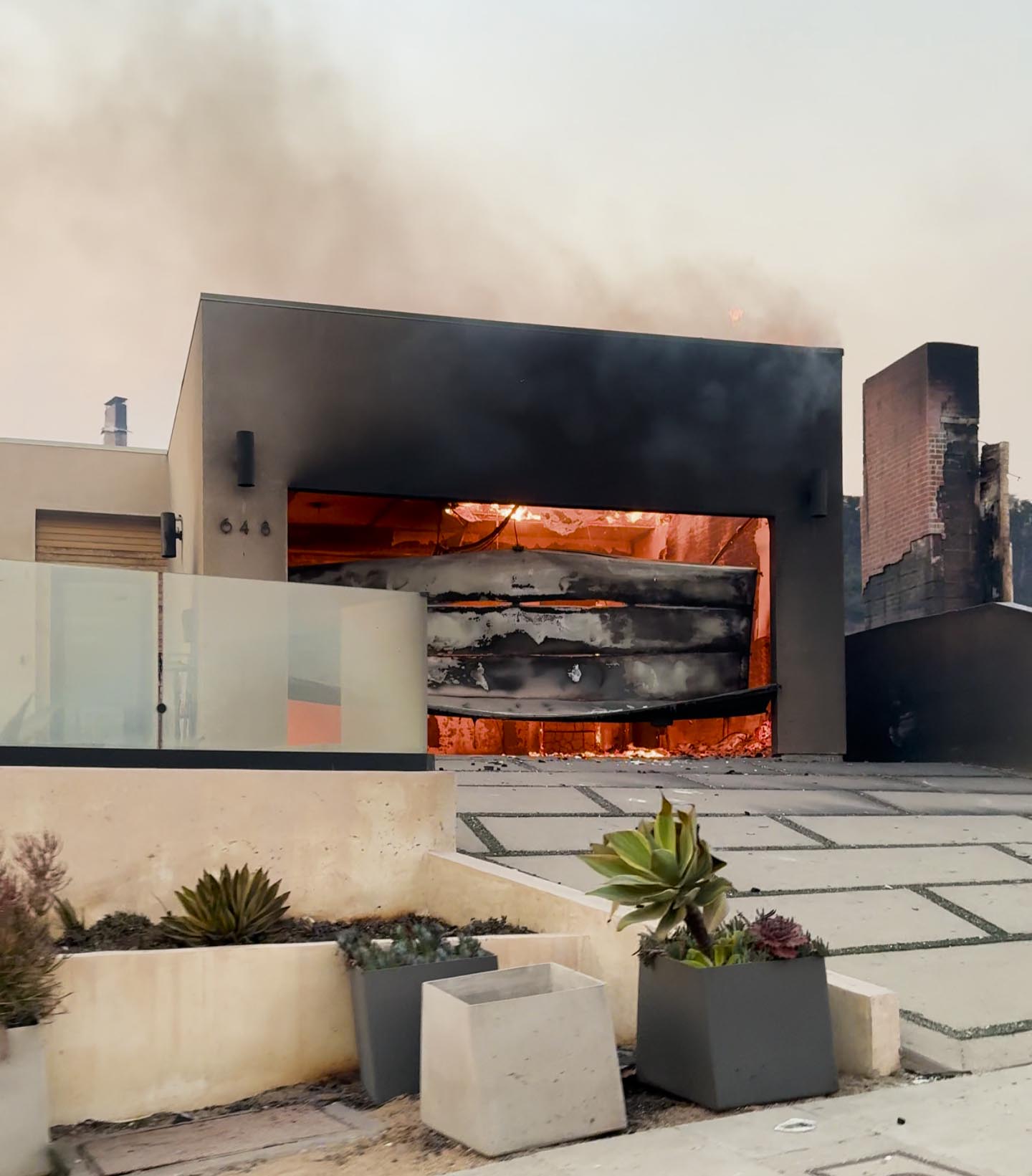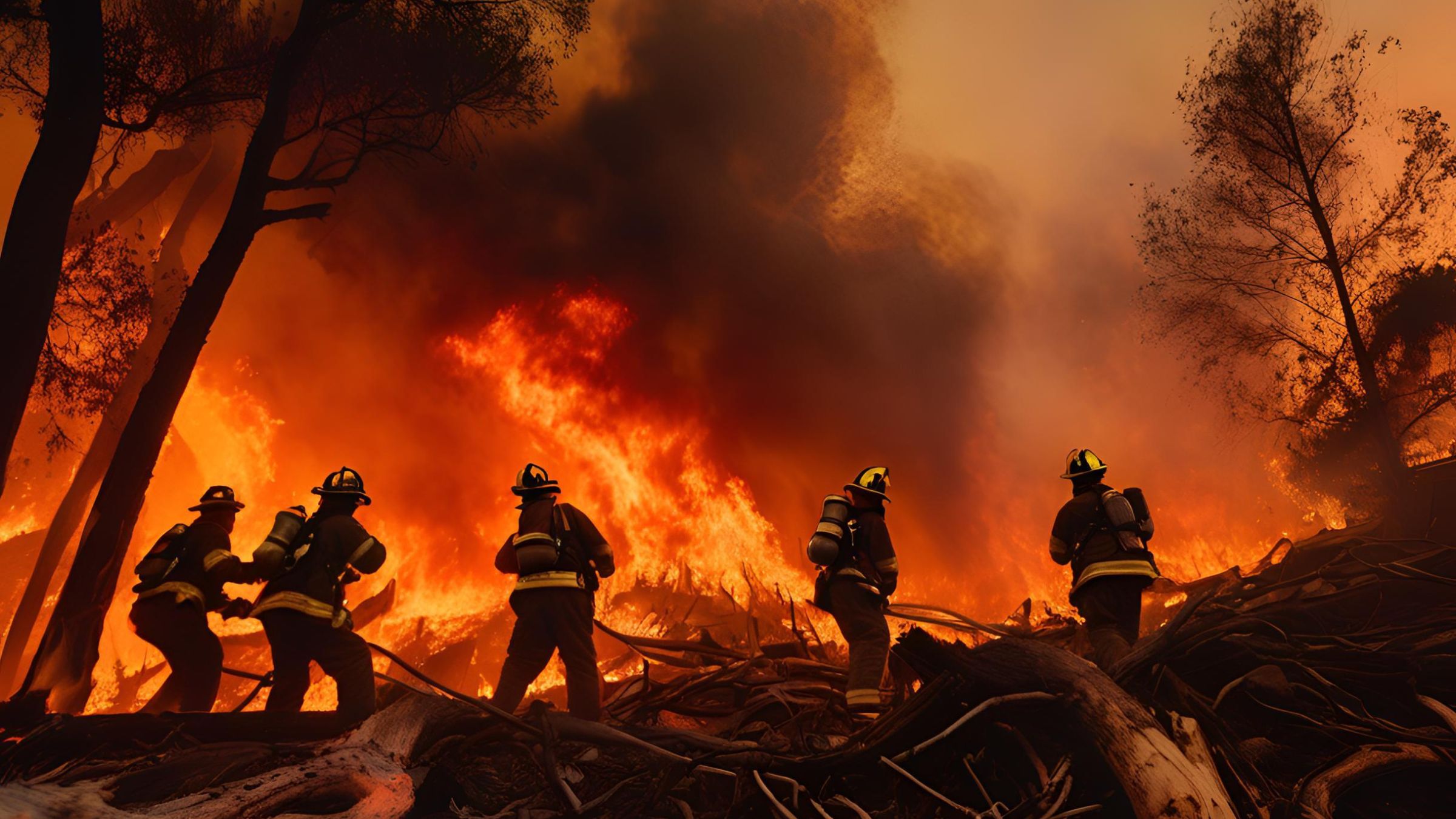Picking up the pieces after a natural or man-made disaster can be difficult for all consumers. It can be particularly challenging for tenants and landlords. What happens to a lease or rental agreement if a rental unit is damaged? Every situation is different, but the extent of the damage usually determines how a landlord/tenant agreement should be resolved.
I’m a tenant. Do I still owe rent if my rental unit has been destroyed in a disaster?
No. Under California Law, if the rental unit is completely destroyed, the lease/rental agreement no longer applies. You are no longer required to pay rent and the landlord is no longer required to provide housing. The landlord must return any prepaid rent and refund the security deposit in accordance with California law.
My rental unit was partially destroyed after a disaster. What happens to my lease/rental agreement?
If a rental unit is partially destroyed, and can’t be lived in, the tenant may choose to end or continue the lease/rental agreement, depending on the circumstances and condition of the rental property. It is important to seek legal advice from an attorney before stopping rent payments.
A tenant may decide to:
- End the lease/rental agreement and find a new place to live, or
- Remain at the rental unit. The landlord is responsible for making the necessary repairs to ensure it is in livable condition. Once the repairs are complete, the tenant can move back in again and resume paying rent.
If your rental property is under Rent Control you may be eligible for relocation assistance while you are temporarily displaced during your landlord’s repairs. Contact us at (800) 593-8222 or visit our Rent Stabilization page to learn more.
My rental unit suffered only minor damage. Do I still owe rent?
Yes. If your rental unit has some damage but is still livable, you must continue to pay rent. However, the Palisades fire has rendered Pacific Palisades currently uninhabitable even if a home is undamaged due to a number of factors.
Contact the landlord and request urgent repairs like in any normal situation. The landlord must make urgent repairs quickly. If your landlord does not make repairs quickly, you have several options for getting the repairs handled. Contact DCBA for more information.
My rental unit is completely destroyed, and I need to move out. Does the landlord owe me relocation assistance?
No. If the property is completely destroyed and the landlord is not responsible for the damage caused by a disaster, such as a fire, the landlord is not required to pay relocation assistance.
I need to move out of my rental unit. Should I pay a company for rental listings?
You can, but we recommend conducting a background check on the company first. The California Department of Real Estate must license companies that charge you in advance to find you a place to live. Contact The California Department of Real Estate at (877) 373-4542 to check whether a company has a valid license, or find out if people have complained against them. Be aware that many companies charge for rental listings that are old or don’t exist. The company must give you a written contract. Read and understand the contract before you sign it.
My personal property was destroyed in the disaster. Does my landlord owe me for the losses?
No. If the landlord was not responsible for the damage caused by a disaster, such as a fire, they do not owe any costs for lost possessions. If you have renters’ insurance, you may be able to receive recovery costs, depending on your policy. Review your insurance policy and contact the California State Department of Insurance for more information.
Rent Control Restrictions and Protections: Local, County, and State Rent Control restrictions and protections may still apply to covered properties and mobile-home spaces and may often be more protective than active Price Gouging Orders. Contact DCBA or visit our Rent Stabilization page to learn more about the County’s Rent Stabilization Ordinances.
Disclaimer: This page contains general information and is not legal advice. Readers should consult with an attorney for legal advice on their rights and responsibilities.



